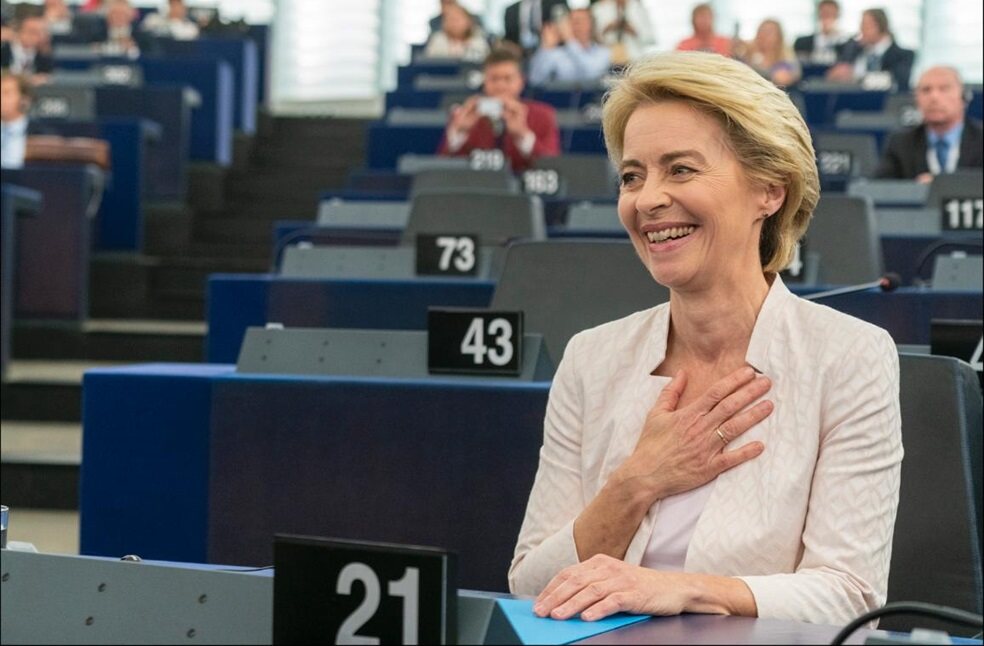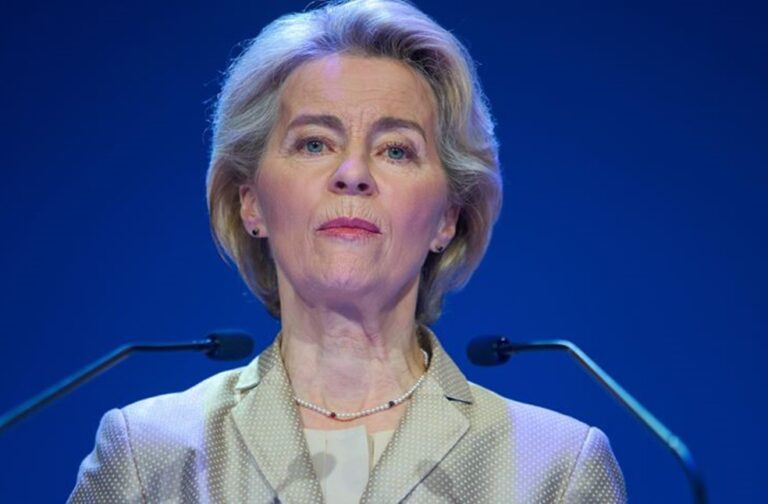Strasbourg: The European Parliament will vote to decide whether Ursula von der Leyen to be re-elected for another five-year term as president of the European Commission.
The vote carries significant implications for continuity within the EU’s central institution amid rising challenges both within and outside the 27-nation bloc, including high support for far-right and eurosceptic parties. With no clear alternative candidate, supporters of von der Leyen identifies the vote as a choice between stability and chaos, as her rejection would create a political deadlock.
“It would be seen as rolling out the red carpet for the far-right,” remarked Sean Kelly, an EU lawmaker from Von der Leyen’s centre-right European People’s Party group.

As the first woman to lead the Commission, Ursula von der Leyen will outline her agenda for a second term. Ursula’s first term included overseeing the world’s largest set of climate policies, an 800-billion-euro ($875 billion) EU response to the COVID-19 pandemic, and imposing 14 rounds of sanctions on Russia for its actions in Ukraine.
Von der Leyen is required to secure at least 361 votes from the 720-member EU Parliament. While she has support from three centrist groups of 401 lawmakers, defections are expected, making her support margin tight.
To secure a comfortable majority, Ursula may need votes from factions like the 78-member European Conservatives and Reformists group (ECR) or the Greens’ 53 lawmakers. Bas Eickhout, the co-chair of the Green lawmaker group, makes the conditions clear for their support by stating that, “We need assurances that progress on the Green Deal will continue without regression.”

ECR member Dominik Tarczynski indicated that his group’s Polish members would vote against von der Leyen due to disagreements over migration policies, the Green Deal, and China trade.
EU lawmakers will cast secret ballots at 1 p.m. (1100 GMT) in Strasbourg, France. If von der Leyen fails to secure approval, EU leaders will have one month to propose an alternative candidate, potentially delaying the formation of the new European Commission until 2025.



